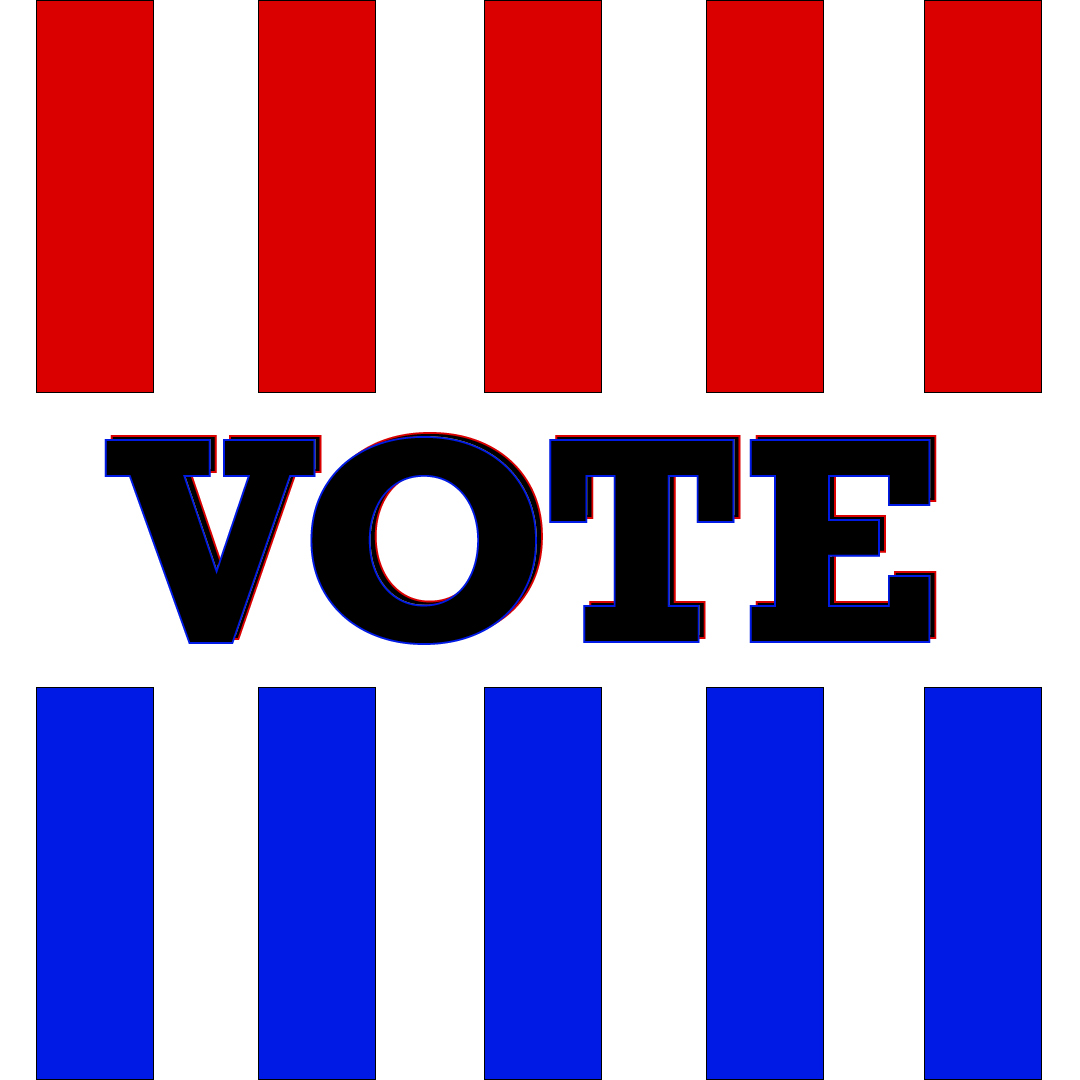Early voting in Chicago was scheduled to begin week for the June 28 primary election, but it will start May 26, the city’s Board of Elections said Tuesday.
Election officials said the delay because the city’s ward map referendum had to be removed from the ballot after the approved the map on Monday, May 16.
The Chicago Board of Elections was scheduled to open its supersite on Thursday, May 19 at 191 N. Clark.
The supersite will be the only place voters can cast their ballots until June 13 when Early Voting expands with voting locations in all 50 wards in Chicago.
Last month, residents began receiving their voter registration ID cards in the mail. The card includes the voter’s precinct number as well as city, county, state, and Congressional political districts.
Election officials say a government-issued photo ID is not required but an ID is helpful if there is a question about the voter’s registration, address, signature, or if there are two voters at the same address with the same names or similar names.
Historically held in March, the Illinois Assembly passed a law last year to move the March 15, 2022 Primary to June 28 to expand access to voting for Illinois voters. With warmer weather, activists and political leaders hope the change will boost voter turnout during the Midterm elections, which is usually lower than presidential elections.
Under the new law, people with disabilities have the option of using email to cast their ballot. Voters also can opt-in for permanent vote by mail. Voters would automatically receive a ballot in the mail for each election to avoid signing up for ballot every election.
The law also allows polling places to set up at county jails. Inmates who have not yet been convicted of a felony can vote while incarcerated on pending charges.
The law also prohibits local municipalities from requiring a local official to leave office if elected to the General Assembly. The law was passed after Representative Thaddeus Jones, (D-Calumet City), who was sworn in as the city’s mayor earlier this year, faced legal questions about his ability to serve both as mayor and state representative after the city passed a rule prohibiting state lawmakers from serving in local government.
The June 28 Primary includes several important county, state, and federal races.
City leaders on May 16 avoided a costly referendum by approving a ward map that saves 17 Black wards.
At least 20 candidates are vying to replace outgoing Congressman Bobby Rush in the 1st Congressional District, which has been held by a Black person since 1929. Harold Washington, William Dawson, Ralph Metcalfe and Oscar DePriest are among the officials who once represented Illinois’ First Congressional District.
In the race for the 7th Congressional District, incumbent Danny K. Davis faces Chicago activist Kina Collins who has raised more than 10 times than her opponent in political contributions.
Senator Tammy Duckworth and Governor J.B. Pritzker are seeking to retain the Democratic nomination in their bids for a second term in office. There are also races involving judges seeking retention.
Cook County Board President Toni Preckwinkle faces rival and former District 1 Cook County Commissioner Richard Boykin. He lost his bid for a second term in 2018 to political rookie Brandon Johnson whom Preckwinkle backed after Boykin in 2017 opposed her sugar tax, which was later repealed.
Cook County Tax Assessor Fritz Kaegi, who ousted longtime Democrat Joseph Berrios in 2018, faces Metropolitan Water Reclamation District President Kari Steele, who is expected to draw heavy support from Chicago’s Black electorate.
Kaegi has been endorsed by the Cook County Democrats, an organization that in recent years has been criticized for being out of touch with Black voters.
Kaegi has been heavily criticized after news outlets reported his office gave overvaluations of commercial properties and had major errors in the tax office’s Senior Citizens Assessment Freeze Homestead Exemption program.






